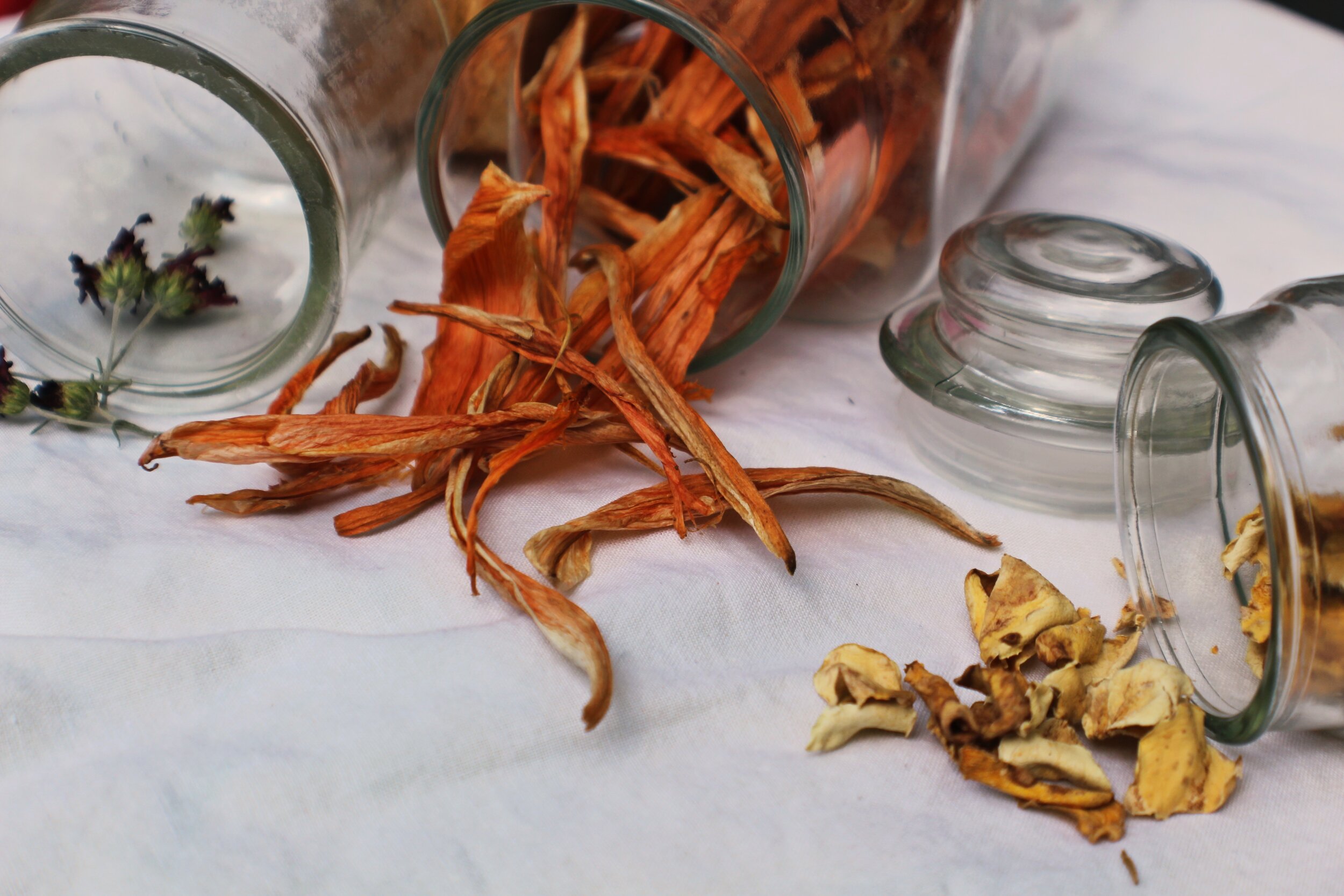5 Ways to Reduce Food Waste
Over 5 million tonnes of food ends up as landfill in Australia annually, enough to fill 9,000 Olympic sized swimming pools.
Molly from the Sustained Kitchen is our guest blogger this month, find out some of her top tips below.
The average Australian household is sending roughly 4.9 kilograms of food waste to landfill each week.
This fact is even more bonkers when you consider that many people in Australia and around the world struggle to get enough food every day. I’m not saying wasting food makes you a bad person. I’m just saying it doesn’t make you a good person (kidding, kind of). Below are my top five tips to help you keep your food out of the trash.
1. Don’t buy more than you can handle
Okay, so this one is pretty obvious. If you find yourself throwing away moldy peaches every week, then stop buying the dang peaches. Make a list or take pictures of your fridge and pantry before you shop so you know what you need and what you don’t need.
2. Have a plan
Don’t buy perishable foods willy-nilly. Yes, it’s fun to experiment with ingredients you’ve never tried before. However, if you know you’ll be too busy to bust open a coconut in the next few days, then you should probably just not buy the coconut. You don't need to obsessively meal prep like those maniacs on Pinterest who have too much time on their hands. You just need to get the wheels turning a smidge and ask yourself if you really have time to make the foods you want to buy.
If you find yourself with lots of food and no plans: don’t get overwhelmed and order a pizza. Make a plan!
3. Organise yourself
So this is probably my favorite trick on this list.
If you can’t see what’s in your pantry, how will you know what you have or need in your pantry? You won’t!
Keep your kitchen organised and don’t let your cupboards get to the point where you don’t even know which foods you have. The key to kitchen organization is putting the tallest things in the back and along the sides of your pantry, and the short stuff in the middle and at the front.
Sure, this might make getting to the olive oil a little bit of an obstacle course, but you’ll never find yourself wondering what monsters are living in the back of your pantry again.
4. Freeze for a rainy day
Freezing fruits is perfect for future baking or smoothie-ing and freezing veggies can help you make a killer broth or frittata.
If you notice your blueberries are starting to look a little sad, just slap ‘em into a Tupperware and pop ‘em in the freezer. Then you’ll always have a stash of blubes for muffins, milkshakes, or otherwise.
Literally too easy.
The veggie tip goes beyond whole veggies: putting veggie scraps in the freezer basically seals the deal that you’re going to have a bomb soup when the weather gets chilly. Freezer foods will eventually go bad, but freezing can buy you some valuable time to make plans for your foods.
5. learn chef-y skillz
Just knowing stuff about food can go a long way in reducing waste.
Know which foods will go bad quickly and which foods won’t so that you can plan accordingly. Potatoes can stay good for a few weeks, but fresh basil: not so much. Hot tips like this can help you become a pro planner.
I know this one is kind of scary, but learning proper food prep techniques can also help you waste less. If your recipe tells you to cut off the top and tail of an onion and you cut away ¾ of the vegetable, that’s not good technique.
If you spill half your container of flour every time you measure, that’s also not good technique. Practice makes perfect.
For more sustainability tips check out the Sustained Kitchen


